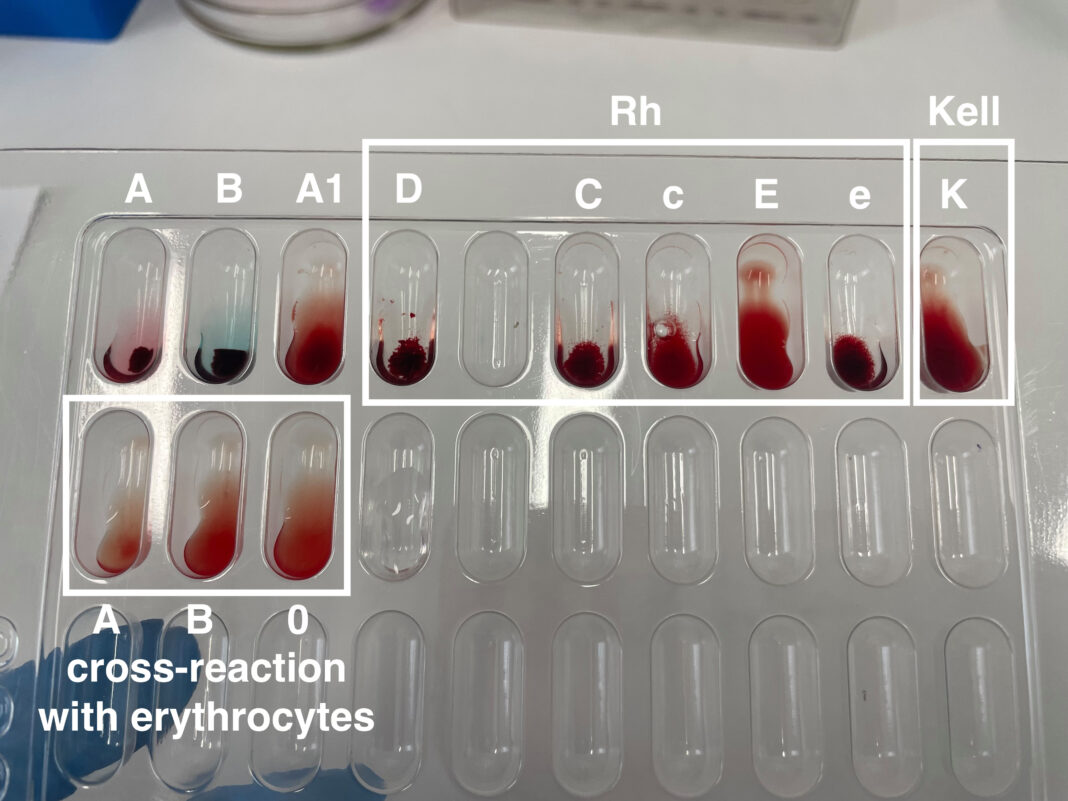Blood tests are a common component of routine health examinations. Physicians use them to monitor a person’s overall health and to detect specific conditions. A sample of blood, usually drawn from a vein in the arm, provides a wealth of information about the body’s functions. Blood work analyzes cells, chemicals, proteins, and other substances in the blood.
What Is Blood Work?
Blood work is the process of analyzing a blood sample in a laboratory. The analysis measures various components within the blood to provide a snapshot of a person’s physiological state. A blood sample contains red blood cells, white blood cells, platelets, and plasma. Blood carries hormones, nutrients, and proteins throughout the body. By examining these elements, laboratory professionals can obtain details about organ function, nutrient levels, and the presence of certain cellular markers.
What Are the Different Types?
Many types of blood tests exist, each designed to measure specific substances in the blood. A healthcare provider will determine which tests are appropriate based on an individual’s health status, symptoms, and medical history. Some common tests are ordered individually or as part of a panel.
A complete blood count (CBC) is one of the most frequently ordered tests. It measures the different types of cells in the blood, including red blood cells, white blood cells, and platelets. This test can give information about a person’s general health status.
Another common set of tests is the basic metabolic panel (BMP) or the more extensive comprehensive metabolic panel (CMP). A BMP measures different substances in the blood, including glucose, calcium, and sodium, providing information about the body’s metabolism and chemical balance. A CMP includes the tests in a BMP plus others that provide information about liver function.
An electrolyte panel specifically measures minerals with an electric charge, such as sodium and potassium. These are necessary for nerve and muscle function, hydration, and blood pressure regulation. Glucose testing, which measures blood sugar levels, is often used to monitor individuals for metabolic conditions.
A lipid profile measures fats in the blood, including different types of cholesterol and triglycerides. These measurements are related to cardiovascular health. Other specific tests include the hCG test, which detects pregnancy, and the PSA test, which screens for prostate cancer in men. Each test provides particular data points for a clinician to review.
What Does It Entail?
The process of getting blood work is typically straightforward. Your healthcare provider will give you specific instructions if fasting or other preparations are needed. The blood draw itself is a quick procedure. A medical professional will clean an area on your arm, usually the inside of the elbow or the back of the hand. A small needle is then inserted into a vein, and a sample of blood is collected.
After collection, the blood samples are sent to a laboratory for analysis. Once the analysis is complete, the laboratory sends a report to your healthcare provider, who will then interpret the results in the context of your overall health. It is recommended that you schedule a follow-up appointment to discuss the findings and address any questions you may have.
Seek Professional Medical Testing
When a physician orders blood work, it is part of a structured approach to gathering information about your body. A medical professional can explain what each measurement means and how it relates to your personal health history. They can provide context for the numbers and help you understand the complete picture of your health. Relying on professional medical services for testing and interpretation helps you navigate your health journey with accurate guidance.
- Pantagonar: A Complete, In-Depth Guide to This Modern Health Supplement
- Fappelo: A Complete Guide to the Platform Redefining Streamlined Digital Experiences
- Private Freight Terminal: A Complete Guide for Businesses
- HMS Photovoltaik: A Complete, In-Depth Guide to Modern Solar Power Solutions
- Decreto Supremo 160: A Complete and Updated Guide





